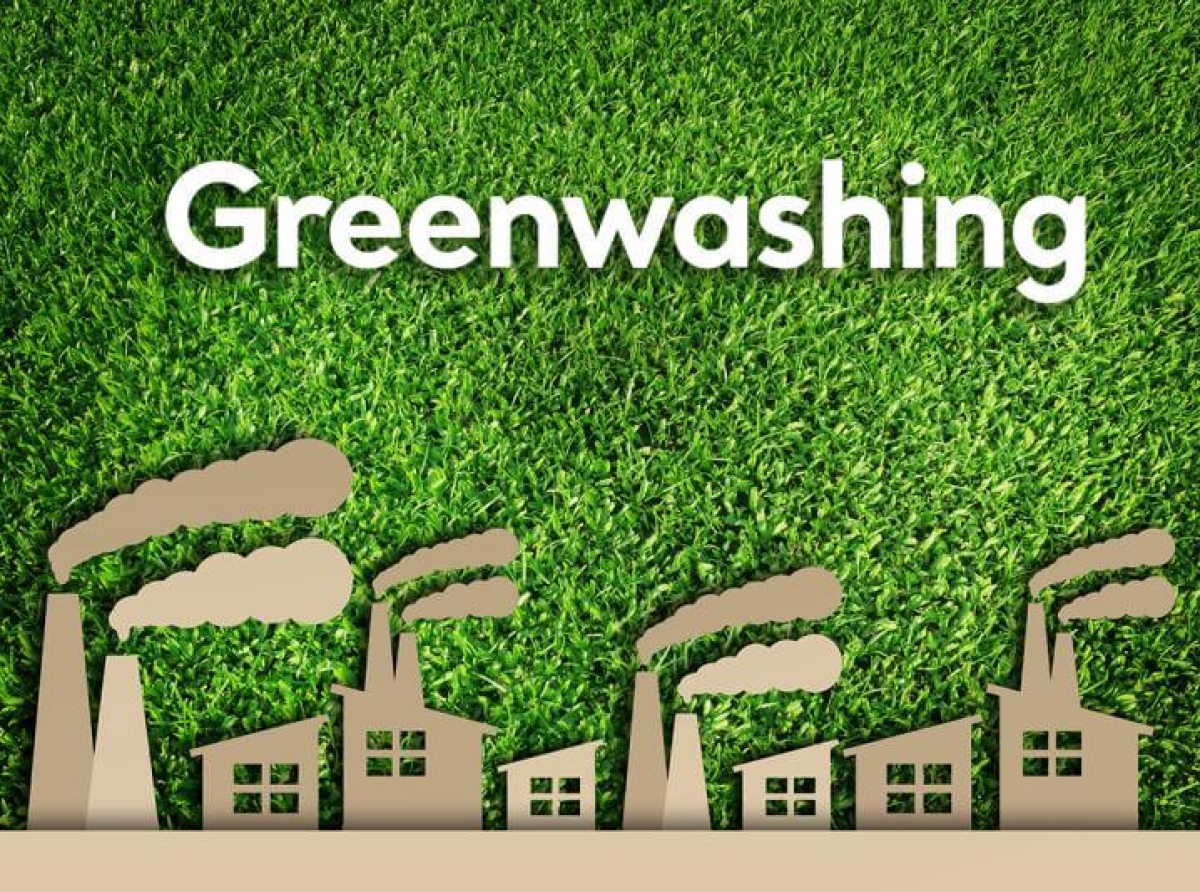03 August 2023, Mumbai
In recent years, fast fashion brands have faced growing pressure to embrace sustainability and environmental responsibility
What is fast fashion?
However, critics argue that many of these brands are merely paying lip service to the cause while engaging in deceptive marketing tactics to create a facade of sustainability
What is greenwashing?
A study conducted by the Changing Markets Foundation has shed light on the disturbing trend of greenwashing, revealing that several prominent fast fashion brands, such as Shein, H&M, and Inditex, are guilty of misleading consumers with false claims about their eco-friendly practices.
Examples of greenwashing in fast fashion
One of the most glaring examples of greenwashing came to light when Shein boasted that 64% of its textiles were derived from recycled materials. The study, however, revealed that this figure was vastly exaggerated, with the actual proportion being closer to a meager 1%.
Shein's greenwashing claims
Similarly, H&M, a brand that has pledged to transition to 100% recycled polyester by 2025, was found to have only 33% of its winter 2022 collection made from recycled polyester.
H&M's greenwashing claims
These revelations expose the disturbing reality that some fast fashion brands are more interested in capitalizing on the growing demand for sustainable products rather than genuinely implementing sustainable practices.
The motivations behind greenwashing
As consumers increasingly prioritize eco-conscious choices, greenwashing becomes an attractive strategy for these brands to maintain their market share and appeal to sustainability-minded customers.
Amidst this disheartening scenario, there are commendable exceptions among fast fashion brands genuinely embracing sustainability.
Examples of sustainable fast fashion brands
One shining example is the Italian fabric manufacturer Manteco SpA, which exclusively utilizes recycled wool in its production process.
The company's approach involves a straightforward recycling method, including manual garment stripping, mechanical shredding of scraps, and blending the fibers with color before spinning them into the fabric.
As a result, Manteco's recycled wool boasts a significantly lower carbon footprint compared to virgin wool, showcasing the brand's commitment to reducing environmental impact.
While the emergence of eco-friendly practices in the fast fashion industry is a positive development, consumers must remain vigilant about the prevalence of greenwashing.
How to avoid greenwashing
The responsibility lies with shoppers to conduct thorough research before buying products from fast fashion brands, scrutinizing marketing claims that may seem too good to be true.
By cultivating a critical eye, consumers can demand transparency and accountability from brands, discouraging greenwashing practices.
Quick Message
Honest environmental marketing or greenwashing. Where is the line?
The issue of greenwashing in fast fashion is a pressing concern that demands attention and action. As the demand for sustainable products grows, brands must prioritize genuine sustainability efforts over deceptive marketing strategies.
Consumers have the power to shape the future of the fashion industry by making informed choices and supporting brands that truly prioritize environmental responsibility.
By holding fast fashion brands accountable for their claims and supporting those committed to sustainable practices, we can encourage positive change and promote a more environmentally conscious fashion landscape.
Latest Publications






























